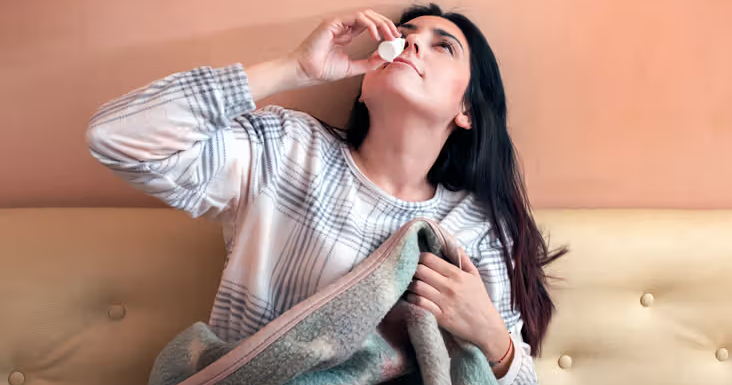
Are you suffering from mold toxicity and wondering what treatment options are available?
We will delve into the various treatment approaches for mold toxicity.
From medications to lifestyle modifications, professional mold remediation, and supportive therapies, we’ve got you covered.
Discover the evidence-based, objective information you need to effectively treat mold toxicity and regain your health.
Get ready to take control of your well-being and find the belonging you deserve.
Medication Options
You should consider taking antifungal medications as part of your treatment for mold toxicity. These medications are designed to target and eliminate the fungi that are causing the mold-related symptoms. Antifungal medications work by inhibiting the growth and reproduction of fungi, helping to reduce inflammation and alleviate symptoms such as coughing, wheezing, and skin rashes.
Two commonly prescribed antifungal medications for mold toxicity are fluconazole and itraconazole. These medications are available in pill form and are typically taken orally. It’s important to follow your healthcare provider’s instructions regarding dosage and duration of treatment.
While antifungal medications can be effective in treating mold toxicity, they’re usually used in combination with other treatments, such as removing the mold source and improving indoor air quality. It’s important to consult with your healthcare provider to determine the most appropriate treatment plan for your specific situation.
Lifestyle Modifications
The lifestyle modifications that can help manage mold toxicity include implementing proper ventilation, reducing humidity levels, and practicing regular cleaning routines.
Adequate ventilation is crucial because it helps to circulate fresh air and reduce the concentration of mold spores indoors. Opening windows, using exhaust fans, and installing air purifiers can all contribute to better airflow.
Additionally, reducing humidity levels is essential, as mold thrives in damp environments. Using dehumidifiers, fixing leaks, and ensuring proper drainage can help keep moisture at bay.
Regular cleaning routines are also important to prevent the growth and spread of mold. Vacuuming, dusting, and wiping surfaces with mold-killing solutions can help eliminate spores.
Professional Mold Remediation
Hiring a certified mold remediation specialist is essential for effectively and safely removing mold from your home.
These professionals have the expertise and knowledge to identify the source of the mold, assess the extent of the contamination, and develop a comprehensive plan for remediation.
They use specialized equipment and techniques to contain the mold and prevent it from spreading to other areas of your home.
Professional mold remediation also involves the use of antimicrobial treatments to eliminate mold spores and prevent future growth.
Additionally, these specialists can provide recommendations for addressing any underlying moisture issues that may have contributed to the mold growth.
Supportive Therapies
For effective treatment of mold toxicity, it’s important to consider supportive therapies such as dietary changes and natural supplements. These therapies can help strengthen your immune system and assist in detoxification.
Here are some supportive therapies you can try:
Dietary Changes:
– Increase your intake of nutrient-rich foods such as fruits, vegetables, and whole grains.
– Avoid processed foods, sugars, and alcohol, as they can weaken your immune system.
Natural Supplements:
– Probiotics: These can help restore the balance of good bacteria in your gut, which is important for your immune system.
– Antioxidants: Including vitamins C and E, selenium, and zinc, can help reduce inflammation and support detoxification.
Remember to consult with a healthcare professional before making any significant changes to your diet or starting any new supplements. They can provide personalized guidance based on your specific situation.
Conclusion
In conclusion, when it comes to treating mold toxicity, a combination of medication options, lifestyle modifications, professional mold remediation, and supportive therapies should be considered.
As the saying goes, ‘prevention is better than cure.’ Taking proactive measures to prevent mold growth and promptly addressing any mold issues in your surroundings can greatly reduce the risk of mold toxicity and its associated health effects.
Remember, early detection (using a place like moldtreatmentcenter.com) and effective treatment are crucial in maintaining a healthy living environment.

